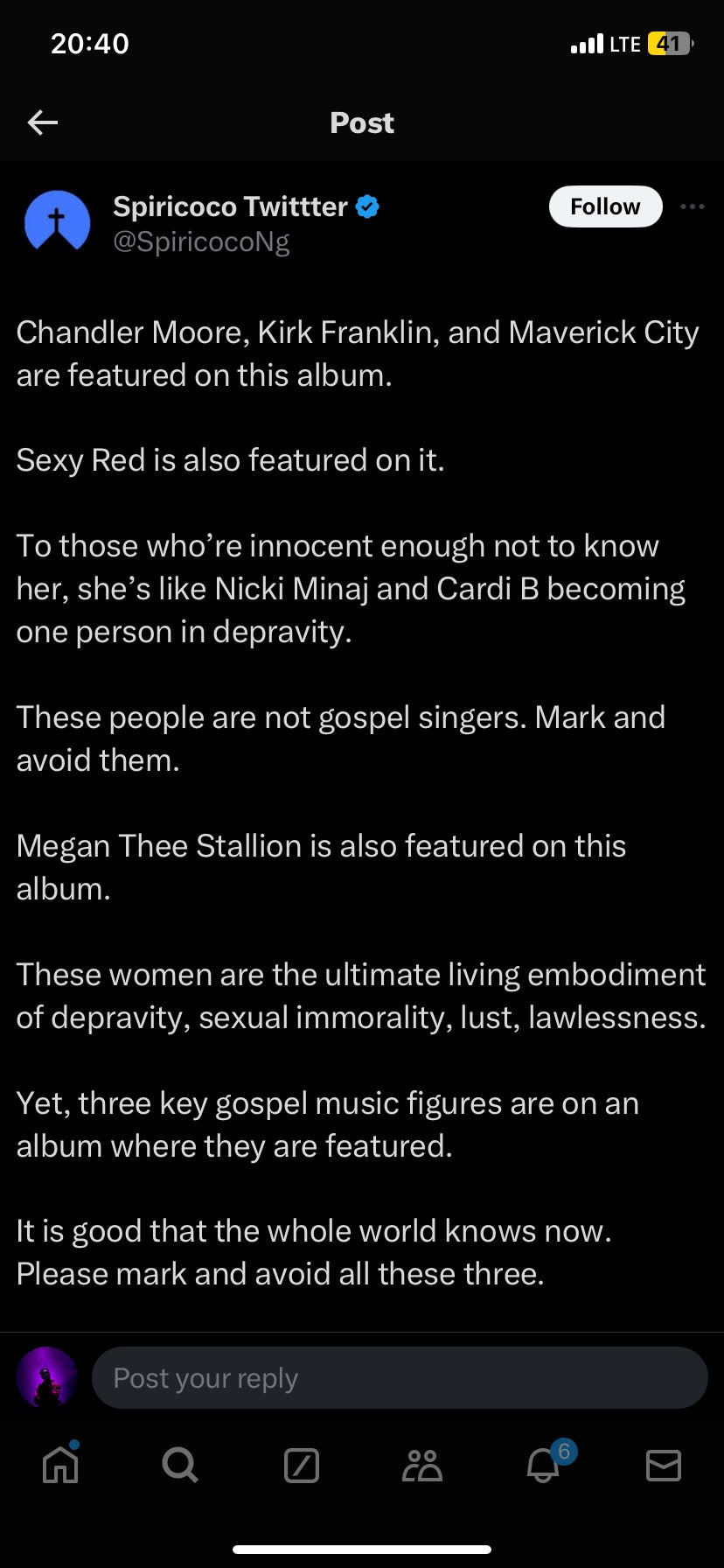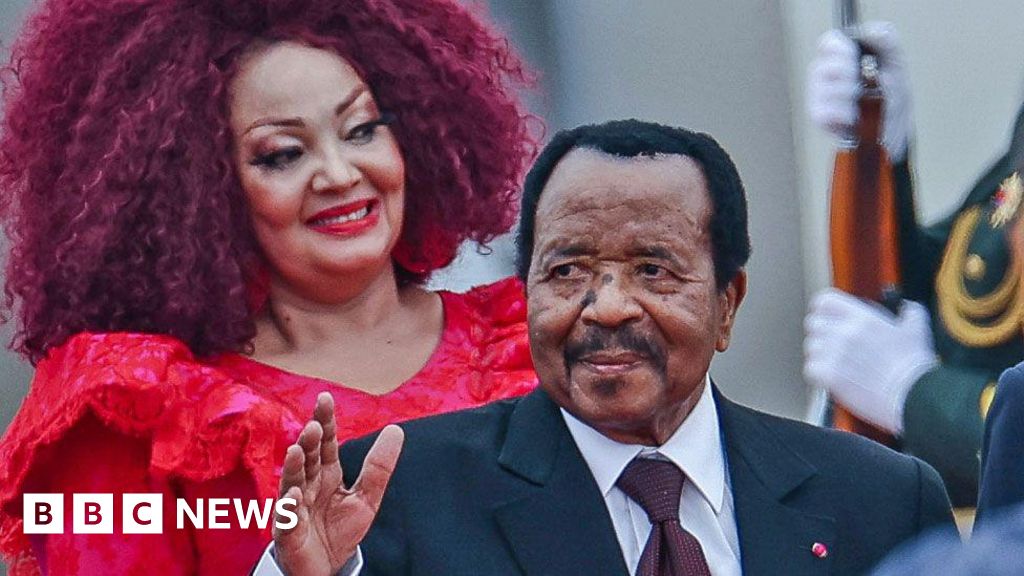Place your adverts here on InfoDig @ low rates; banner ads, sponsored links and guest articles etc. Contact us
Gospel music. Gospel music is a genre of American Protestant music, rooted in the religious revivals of the 19th century, which developed in different directions within the white (European American) and Black (African American) communities of the United States. It is widely regarded as a traditional genre of Christian music and a cornerstone of Christian media.
Gospel music is composed and performed for many purposes, including aesthetic pleasure, religious or ceremonial purposes, and as an entertainment product for the marketplace. Gospel music is characterized by dominant vocals and strong use of harmony with Christian lyrics.
Gospel music as a genre has come under fire and a lot of analysis recently, with American rapper Glorilla’s announcement of her forthcoming album scheduled for release on October 11 2024, and featured gospel artists like Kirk Franklin and Maverick City Music, and secular artists like Megan The Stallion, Sexy Redd and Latto.
“Official tracklist out now!!” Glo wrote on social media after posting photos of each of her collaborators on X. “Only a few more days until this album drops!!”

While speaking to Rolling Stone about the choice of collaborations on the album, she said “I don’t want to be labeled as just a ratchet rapper, you know what I’m saying?” she told Rolling Stone in 2023. “I’m going for different vibes — stuff that everybody can relate to. Of course, I’m going to put my ratchet, fun shit out because that’s what I blew up with. [But] I want to actually talk to people, let them know … I can talk some real shit. I can go gospel. I can do a little R&B.”
Christian believers took to social media to express their displeasure with the gospel artists being featured on secular albums and mixing with artists known for promoting sex and things they consider as vanity.

They argued from a standpoint that “No gospel singer who ministers to God would be on the same music piece with those who are being used by Satan to lure people into damnation.”
They even went as far as quoting Bible verses that tell Christians to not mix with people that have identified themselves as yokes of evil or are dominant in the walk of evil. The criticism was met with mixed reactions, and people argued for and against the gospel singers.

It provokes thought and makes one wonder, is anyone really restricted from praising God? Do secular artists now have a restriction on them when it comes to making music that honors the name of God and doctrines of Christianity? What is the line and where is it drawn?
On the local scene, it’s a given. Almost every mainstream artist has songs where he exalts his or her God, or belief. It’s almost become a thing to make sure your album intro holds some form of praise to your creator, and is made with the same musical elements that make up gospel music. A good example is Asake’s Olorun on his Work Of Art album. Artists like Olamide, Wizkid and more have countless songs like this.
On the global scene, we all saw Kanye West transition into making gospel music after he found Jesus. He won a Grammy in 2021 for the best contemporary Christian music album with his Jesus Is King album. There was no backlash on him then. Nobody came out to say Kanye West, one of the craziest and most controversial secular artists of the 21st century makes gospel music, and is winning gospel awards with it.
While one might be forced to pay attention to the outcry from the gospel camp, and recognize their need for gatekeeping in order to preserve what they hold dear and not have it abused, one can also call them out for their inconsistencies in identifying and criticizing this behavior. It’s almost like there is selective criticism when it comes to who can make what.
What are the requirements for making gospel music? Who can and who can not? Who makes these rules? Can secular artists convert to Christianity and give their lives to Christ and then make gospel music? Do they have to do that for it to be acceptable? What determines the honesty of that? Is it okay for gospel artists to be featured on secular albums? Is it not? Why? What’s your opinion? What’s your opinion formed on?















 English (US) ·
English (US) ·